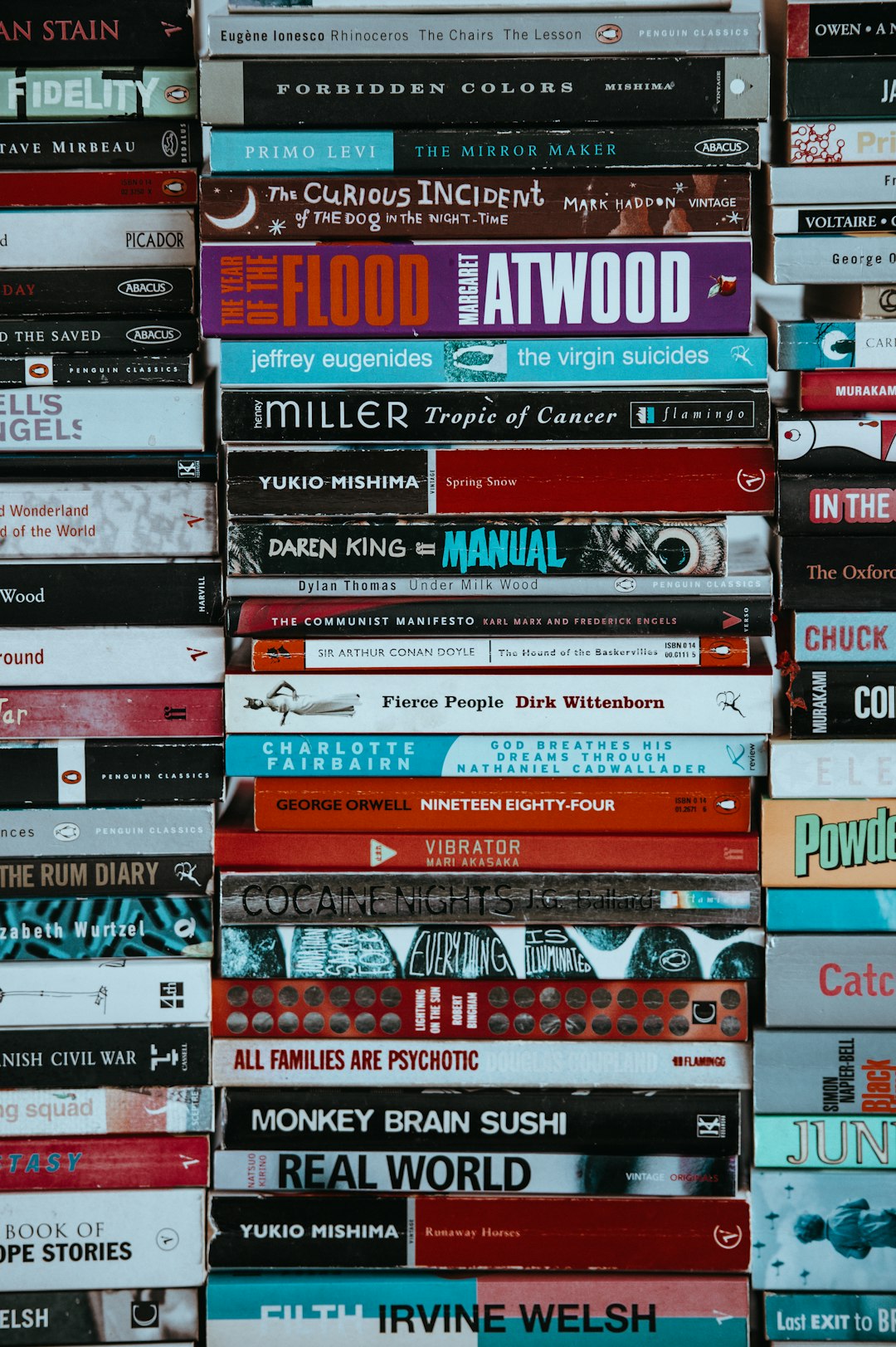How to Stay Current with Economic Literature: A Comprehensive Guide
Posted at 13 Nov 2024
7 minute readtime
Table of Contents
1 - Introduction
Staying informed in the rapidly evolving field of economics is crucial for students, professionals, and academics alike. The intricacies of economic theories and their applications are constantly being challenged and redefined. Being current not only equips individuals with the latest insights but also enhances analytical and decision-making skills. In this guide, we explore effective strategies to keep up with contemporary economic literature, ensuring that you are never left behind.2 - Utilizing Academic Journals and Online Databases
One of the most effective ways to stay updated in economics is through academic journals. Renowned publications such as the "American Economic Review," "Journal of Economic Perspectives," and "The Quarterly Journal of Economics" offer peer-reviewed articles that examine current research and trends in the discipline. By subscribing to these journals’ email alerts or RSS feeds, you can receive notifications of new publications tailored to your interests.Additionally, online databases such as JSTOR, Google Scholar, and ResearchGate provide extensive libraries of economic literature. Creating a profile on these platforms can personalize your experience, allowing you to follow specific authors, topics, or keywords relevant to your interests. Setting aside a weekly time to explore these resources can vastly increase your understanding of current developments in economics.
3 - Attending Conferences and Seminars
Participating in economics conferences and seminars is another excellent way to immerse oneself in current economic literature. Events such as the annual meetings of the American Economic Association (AEA) or the National Bureau of Economic Research (NBER) present an opportunity to hear directly from thought leaders in the field. Attendees can engage in discussions, network with peers, and attend workshops focused on trending topics.Local institutions, universities, or economic associations often host seminars or lectures featuring guest speakers who are experts in various economic niches. These events not only present new research findings but also encourage dialogue, allowing participants to delve deeper into complex topics. Networking with fellow attendees offers insights and friendships that can facilitate ongoing learning and collaboration in the field.
4 - Engaging with Economics Blogs and Podcasts
Another accessible method to stay current with economic literature is through blogs and podcasts. Numerous economists and academic institutions maintain blogs that dissect economic events and theories in an engaging, digestible format. Notable examples include Planet Money, VoxEU, and the Freakonomics blog, which simplify complex concepts while keeping readers informed about recent developments.Podcasts have similarly exploded in popularity and often provide a variety of perspectives. Listening to discussions among economists, policymakers, and journalists can make current economic issues feel relatable and urgent. Furthermore, many educational platforms now offer podcasts specifically dedicated to economics, making it easy to consume information during commutes or workouts.
5 - Participating in Online Forums and Social Media Groups
In today’s digital age, social media can be an invaluable tool for staying updated on economic literature. Platforms such as Twitter and LinkedIn feature discussions led by economists, policymakers, and educators. Following notable economists or institutions can open a window to a plethora of articles, papers, and discussions being shared among professionals.Participating in online forums and communities such as Reddit's r/economics or specialized Facebook groups can also facilitate learning. Engaging in conversations, asking questions, and sharing resources can enhance your understanding. These platforms often enable members to discuss new research findings or debates in real-time, making them a dynamic resource for knowledge sharing.
6 - Setting Personal Learning Goals
To effectively stay current with economic literature, setting personal learning goals is crucial. Developing a reading schedule, deciding how many articles to read each week, or allocating time to explore new topics can provide structure to your learning process. Having concrete goals makes it easier to track progress, ensuring that you are continuously expanding your knowledge base.A good practice is to integrate learning into your daily routine. For instance, reading an economic paper during lunch breaks or listening to a podcast while commuting transforms downtime into productive learning moments. Monitoring progress might involve keeping a journal or digital document with summaries of what you’ve learned and questions that arise, allowing for reflection and deeper understanding.
7 - Conclusion
Being informed about the latest developments in economics not only enriches your own knowledge but also enhances your contribution to discussions and decisions in professional and academic settings. By utilizing academic journals, engaging in conferences, following blogs or podcasts, participating in online forums, and setting personal learning goals, you can cultivate a habit of continuous learning. As the economic landscape evolves, so too should your understanding and adaptation to new ideas and theories, ensuring you remain an informed and engaged participant in this dynamic field.




